The choice of material for oil painting is very critical! It not only determines what kind of painting we can do, but also affects whether the work can be preserved for a long time. Whether you’re just learning to paint or you want your work to go to a museum, every time you pick up a brush, you have to think about the paint, the medium, the support surface, and the safety equipment. Below Mr. Xiaosun will follow a fixed structure to tell you how to choose oil painting materials from beginner to professional.
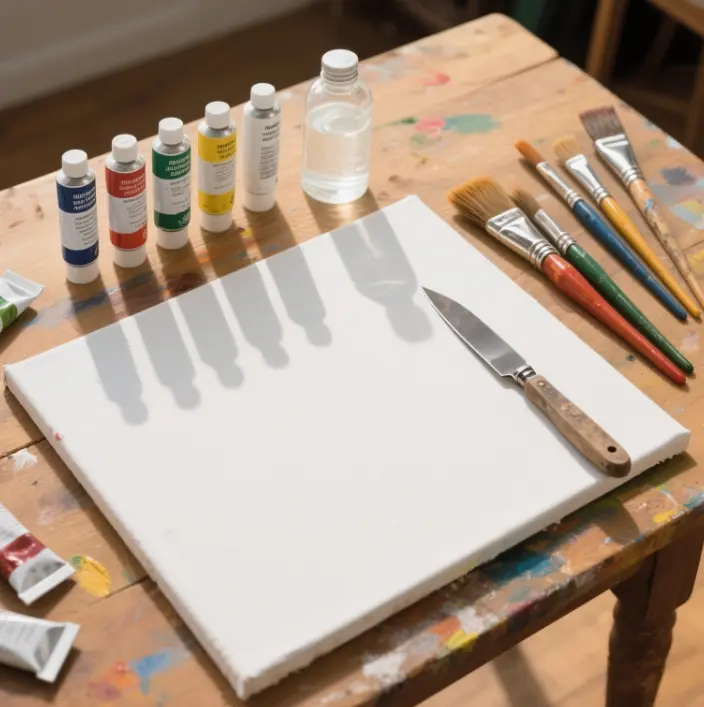
Why do we need to choose the right material first?
Oil painting medium characteristics – slow drying, layering, color saturation
Dry oils, such as linseed oil, poppy oil, will oxidize and form a film when it comes into contact with the air, which allows oil paintings to be modified over and over again, and can be preserved for hundreds of years. However, if the materials are not matched correctly, the painting may “sink” (that is, turn gray) or “crack”.
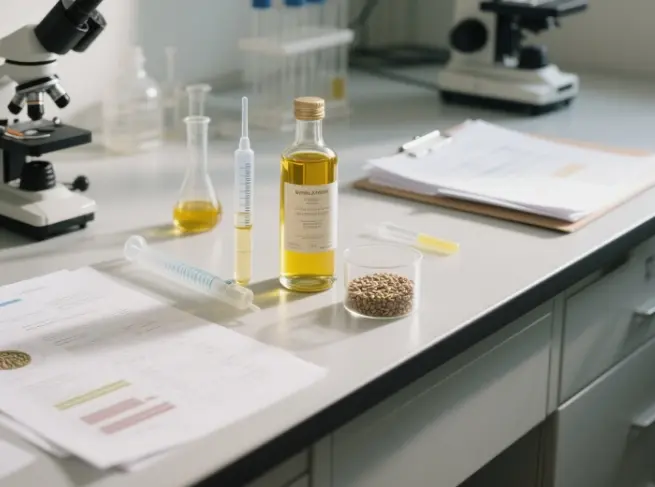
The role of materials in creation and preservation
If you paint on a piece of unsealed cotton canvas, it will only take half a year before it bulges due to humidity. If you choose the wrong solvent, the VOC in the house will exceed the standard, which is not good for our health. Therefore, before you start painting, choose a set of scientific, safe and budget-friendly oil painting tools, which is the foundation of your masterpiece!
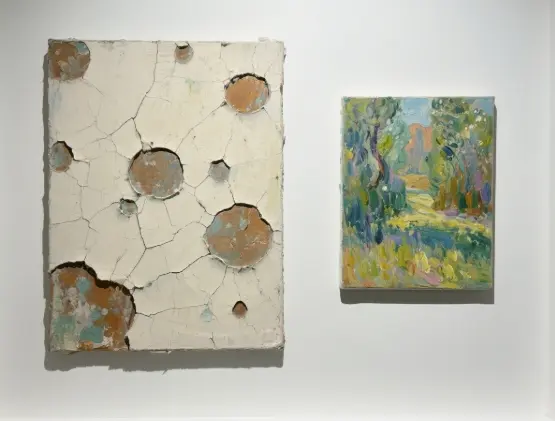
Beginner core five-piece set
Basic pigments: seven-color limited palette
titanium white, ivory black, cadmium red deep, cadmium yellow medium, ultramarine, phthalocyanine green, ripe ochre these seven colors, can be adjusted out of 95% of the color gamut it. If you are just starting out, it is recommended that you buy a student-grade 40 ml single brush, which will cost you about $280 per person!
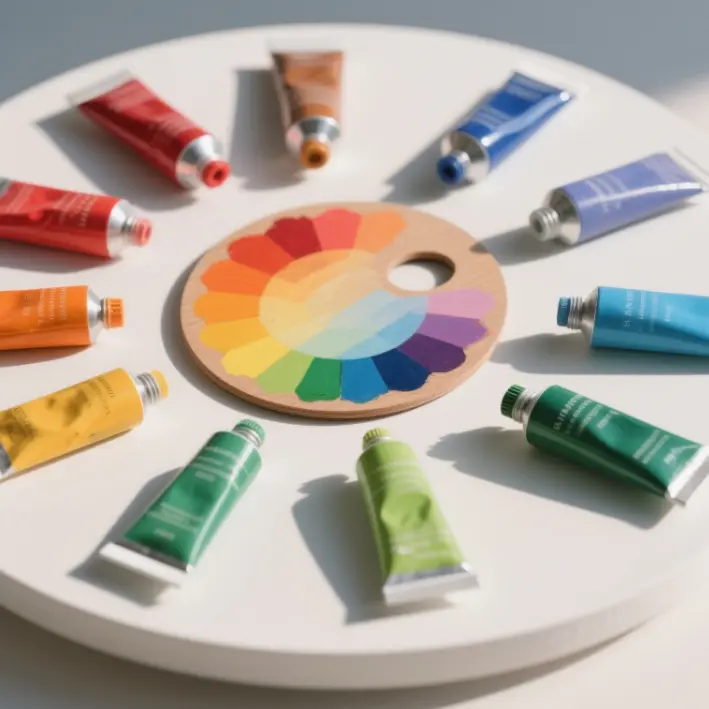
general purpose brushes: hog bristle + sable
Prepare two #10 long hog bristle flat brushes for laying down large blocks of color, and one #4 sable round brush for painting details and feathering edges.
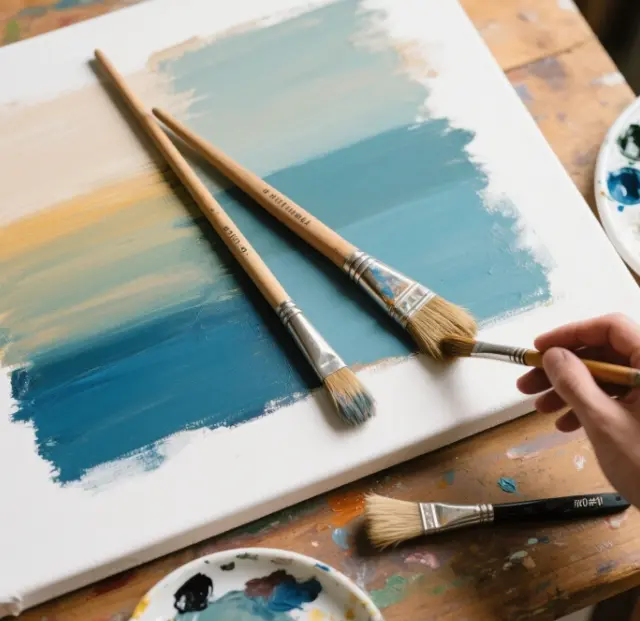
Supporting surface: Cotton canvas board 9″ x 12″ and canvas paper
Cotton canvas board with pre-coated acrylic base is stiff and inexpensive. If you only want to do color work, choose 300g oil paper pad, which is easy to cut.
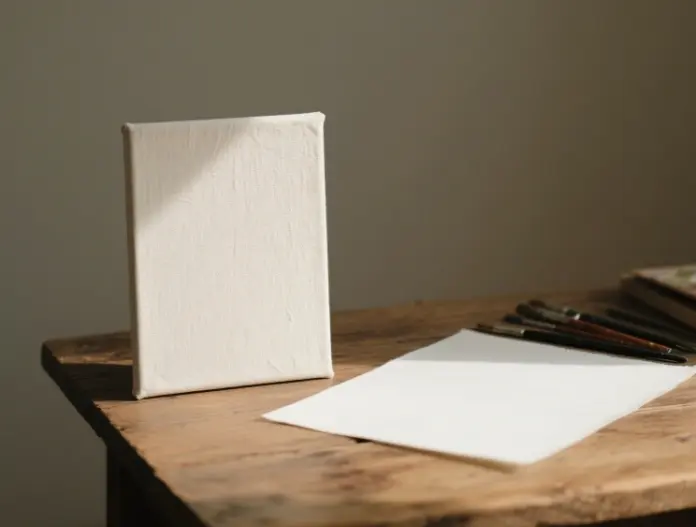
Solvent and medium: Odorless mineral oil + refined linseed oil
OMS (odorless mineral oil) evaporates slowly and has a low VOC content; refined linseed oil can slightly adjust the fluidity of the pigment and help us to paint in layers according to the “Fat over Lean” method. Pour unflavored mineral oil and linseed oil into a transparent measuring cup.
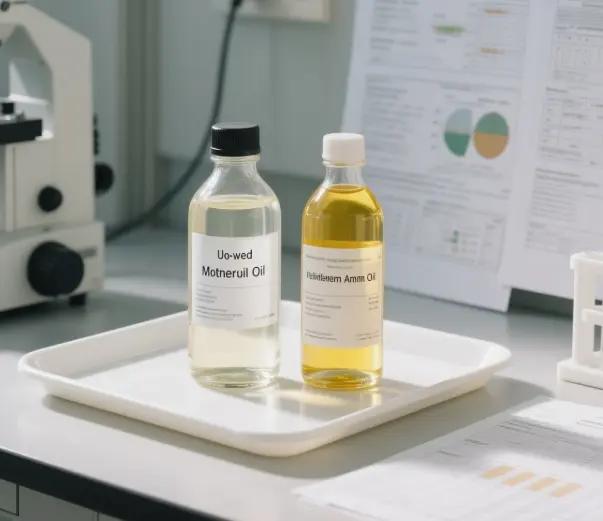
Mixing and Cleaning: Glass Palette and Brush Wash Canister with Filter
Put a medium grey paper on the bottom of the glass palette so that it is easier to judge the color values when mixing the colors. Put a metal filter inside the brush can, the pigment residue can be recycled after precipitation, both environmental protection and solvent saving.

Advanced Essentials: Upgrading Texture and Efficiency
Pigment Upgrade: Cadmium and Cobalt Blue
Cadmium red medium and cadmium yellow deep can produce warm tones with high coverage; cobalt blue and ultramarine can be mixed to produce that natural air perspective effect. The light stability of the color (ASTM Class I) can be improved a lot by switching to professional grade oil paint.
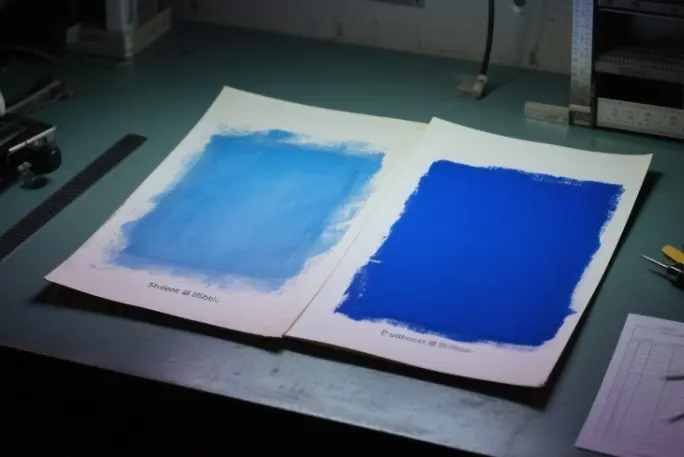
Professional substrate: linen double oil priming
Linen is 30% stronger than cotton, and also prevents oil absorption. Belgian Linen plus double oil priming is a standard combination for oil paintings collected by museums.
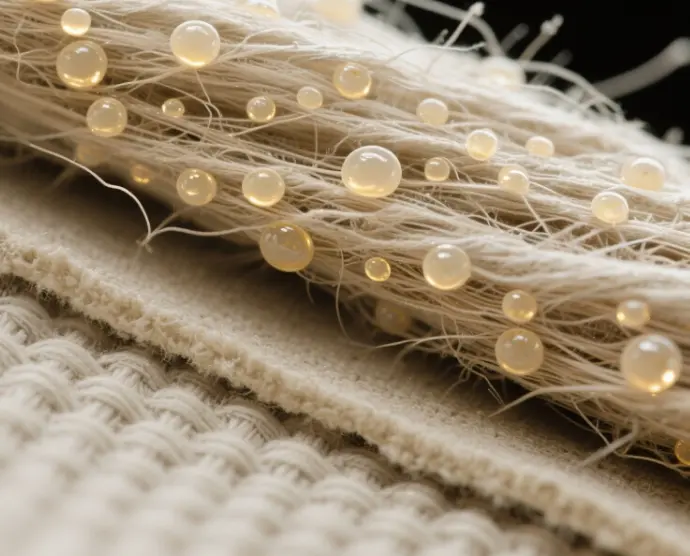
Auxiliary media: Stand Oil, Damar Varnish, Quick Drying Alkyd
Stand Oil is polymerized and becomes sticky, and the glaze overpainted with it is particularly transparent; Damar Varnish is used to varnish the finished work; Alkyd media dries the surface in 24 hours, which is ideal if you have a short-term exhibition!
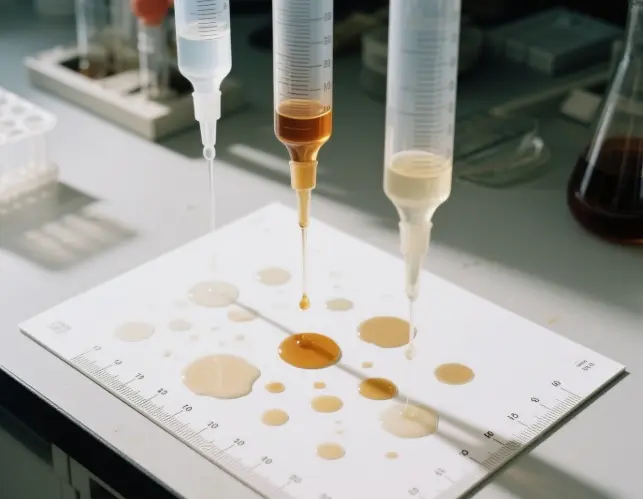
Palette knife ×3 Size
The fine tip of the knife can be used to scrape out silk threads, the medium knife is used to mix colors, and the large knife can spread impasto 1mm thick, so highlights can be formed in a flash.
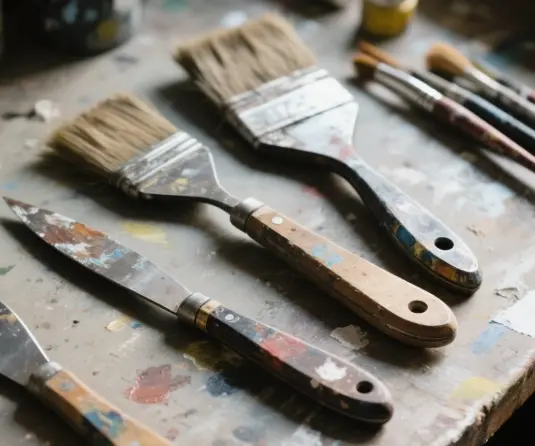
Comparison of Easel Types
| typology | vantage | take |
| Desktop A-frame | Small footprint | Apartment, Classroom |
| H-frame Floor-to-ceiling | Stabilization | Large-scale creations |
| Box pochade | Folding lightweight | Outdoor sketching |
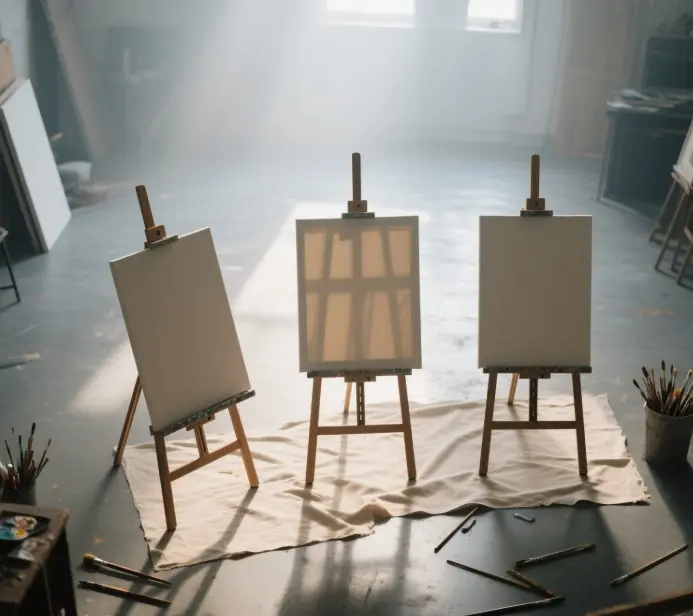
Professional studio configuration
Constant temperature and humidity storage
Keep the temperature of the studio at 21 °C plus or minus 2 degrees, and the humidity at 50% plus or minus 5%, so as to prevent the linen fibers from expanding due to humidity changes. Recommended with an intelligent dehumidifier and humidity logger
Toxicity management
installed a 250 cubic meters per hour air exchange system, coupled with activated carbon filter box. After the color residue is cured, label it as “oil-based hazardous waste” and give it to qualified recycling units.
Large-scale creative support surface
Aluminum honeycomb panels are lightweight and have uniform thermal expansion and contraction; polyester mesh can be rolled up and transported, which is good for painting murals.
Digital assistance
high-definition scanning can accurately record 10 microns of brush strokes; color-checking light box can ensure that the paintings we see online are the same as the actual color.
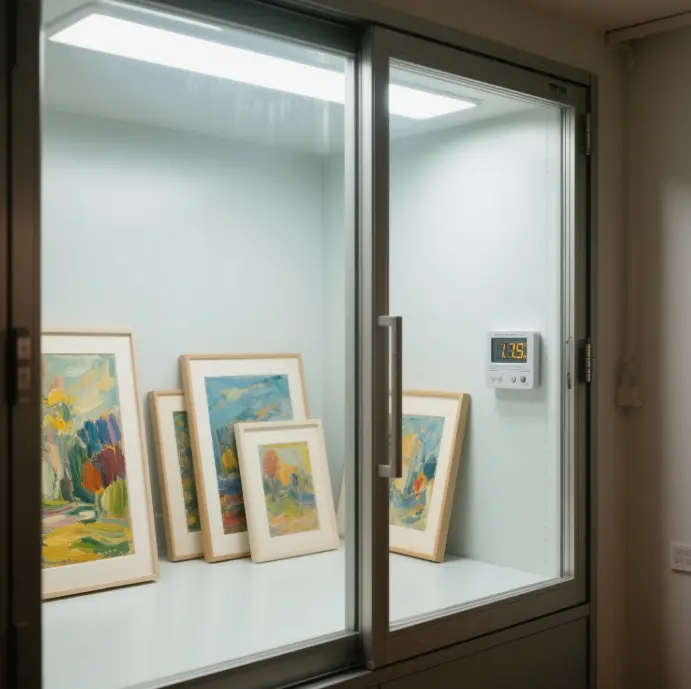
Outdoor Sketching Kit
lightweight pochade box + tripod
Birch box with embedded glass palette and wet paint holder, and a 1kg carbon fiber tripod, easy to take with you when you go sketching in the mountains.
travel-friendly solvent
60ml lemon-based OMS meets the airline limit of 100ml, and can be carried in a leak-proof double bag in accordance with IATA rules.
limited edition Zorn Palette
Titanium White, Ivory Black, Cadmium Red Deep, Yellow Ochre, these colors can be used to quickly blend skin tones and grey tones, and if you are experiencing a sunset or cloudy day, you can use it to quickly capture the light.
Leak-proof Brush Canister & Foldable Wash Canister
The brush canister has a sponge inside to hold the brush shaft tightly, and the silicone foldable canister weighs less than 90 grams and won’t leak.
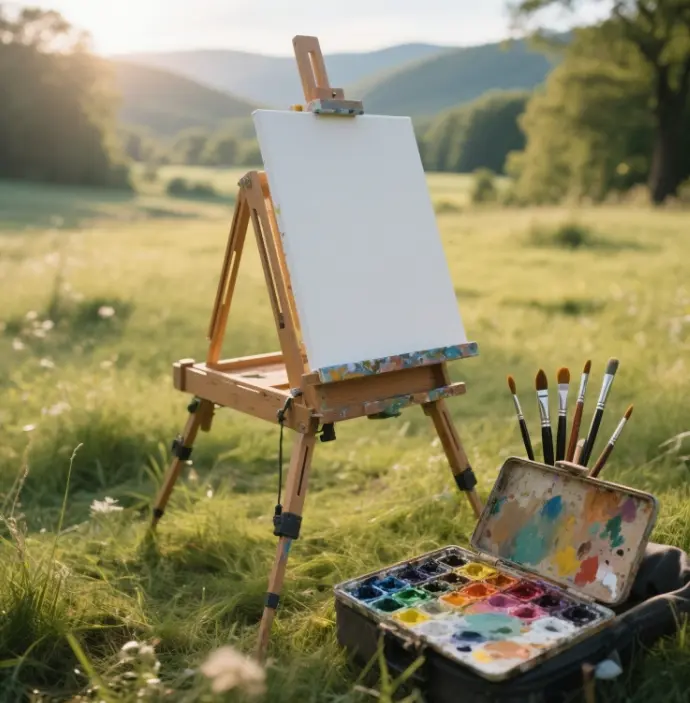
Non-toxic / Hypoallergenic Alternatives
water-mixed oil pigments
Water-mixed oil pigments like Winsor & Newton Artisan are modified at the fatty acid end of the chain so that they can mix with water and dry to a true oil film.
plant-based cleaning solution
lemon terpene, pine essential oil and enzyme cleaning solution, 10 minutes to dissolve the pigment film, and VOC content is less than 300 ppm.
Anti-allergy gloves, non-woven wipes
Nitrile gloves are not afraid of solvents and do not cause allergies; non-woven fabric absorbs 30% more oil than cotton and can be thrown away after one use, which reduces heavy metal contamination
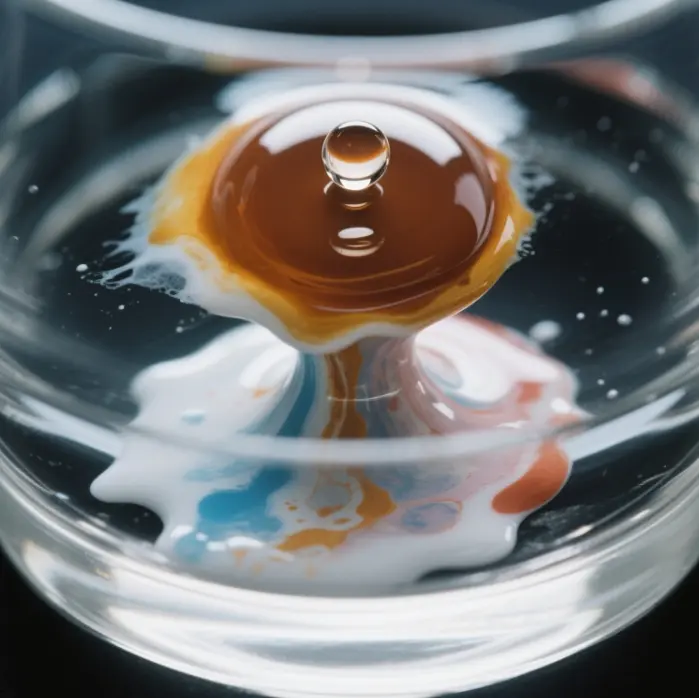
Budget Grades Shopping Guide
| Budget Grades | Must-Buy Items | Recommended Brands | Money Saving Tips |
| ≤$500 | student-level seven colors, cotton board, two bristle brushes, a sable brush | Van Gogh, Pebeo | large tube of white, small tube of color, the first practice of grayscale and complementary color mixing |
| $500-1500 | professional-grade single complementary color, linen small rolls, No. 12 palette knife | W&N Artist, Gamblin | color by upgrading, with the same color first change the high-end products |
| ≥ $1500 | Cadmium and cobalt full color, double oiled linen rolls, aluminum honeycomb panels | Old Holland, Michael Harding | Canvas self-tensioning frames, buy in bulk and save 30% |
Frequently Asked Questions
Can oil paints be carried on airplanes?
According to IATA Handbook 58, oil paints with flash point higher than 60℃ are non-hazardous liquids and can be carried in containers of less than 100ml; solvents must be checked in or changed to water-mixed oils. It is recommended to label the bottles with “Artist’s Pigment-Not Flammable” and carry MSDS for security check.
Is unflavored mineral oil really “non-toxic”?
Odorless mineral oil only reduces the amount of aromatic hydrocarbons, but still contains C9-C12 chain segment alkanes. Long-term inhalation may also accumulate and cause slight depression of the central nervous system. The right thing to do is to maintain at least four air changes per hour and wear an A2 grade activated carbon cartridge mask for extensive use.
Canvas vs Panel: Which is better for thicker applications?
The panel is hard, does not stretch or shrink with humidity, and can withstand impasto of more than 1 mm without creating waves; canvas needs to be applied equally thickly, it should be backed with a kraft paper backing or BEVA Film lining to allow the tension to be spread evenly, in order to avoid localized sagging or cracking.
How often should the brushes be thoroughly cleaned?
At the end of each day’s operation, the brush must be washed roughly with solvent, and then washed carefully with mild soap; if it is used intensively for several days, it is recommended to soak it in vegetable-based maintenance oil for 20 minutes each month and comb the bristles gently, which can prolong its service life by two to three times, and minimize unnecessary replenishment expenditures.


